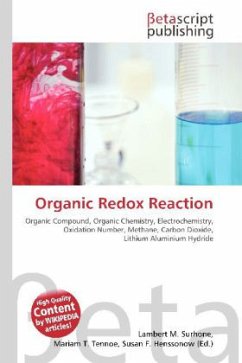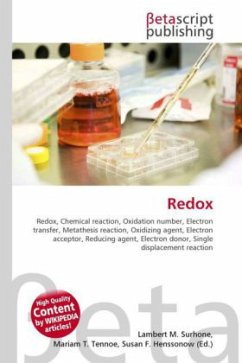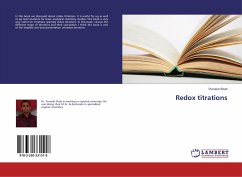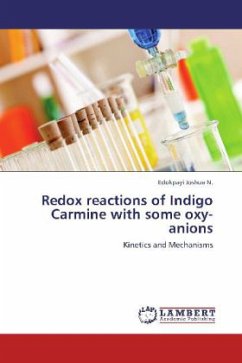Please note that the content of this book primarily consists of articles available from Wikipedia or other free sources online. Organic reductions or organic oxidations or organic redox reactions are redox reactions that take place with organic compounds. In organic chemistry oxidations and reductions are different from ordinary redox reactions because many reactions carry the name but do not actually involve electron transfer in the electrochemical sense of the word. Methane is oxidized to carbon dioxide because the oxidation number changes from -4 to +4. Classical reductions include alkene reduction to alkanes and classical oxidations include oxidation of alcohols to aldehydes with manganese dioxide. In oxidations electrons are removed and the electron density of a molecule is reduced. In reductions electron density increases when electrons are added to the molecule. This terminology is always centered around the organic compound. So a ketone is always reduced by Lithium aluminium hydride but it is bad form to have lithium aluminium hydride oxidized by a ketone. Many oxidations involve removal of protons from the organic molecule and the reverse reduction adds protons to an organic molecule.
Bitte wählen Sie Ihr Anliegen aus.
Rechnungen
Retourenschein anfordern
Bestellstatus
Storno








